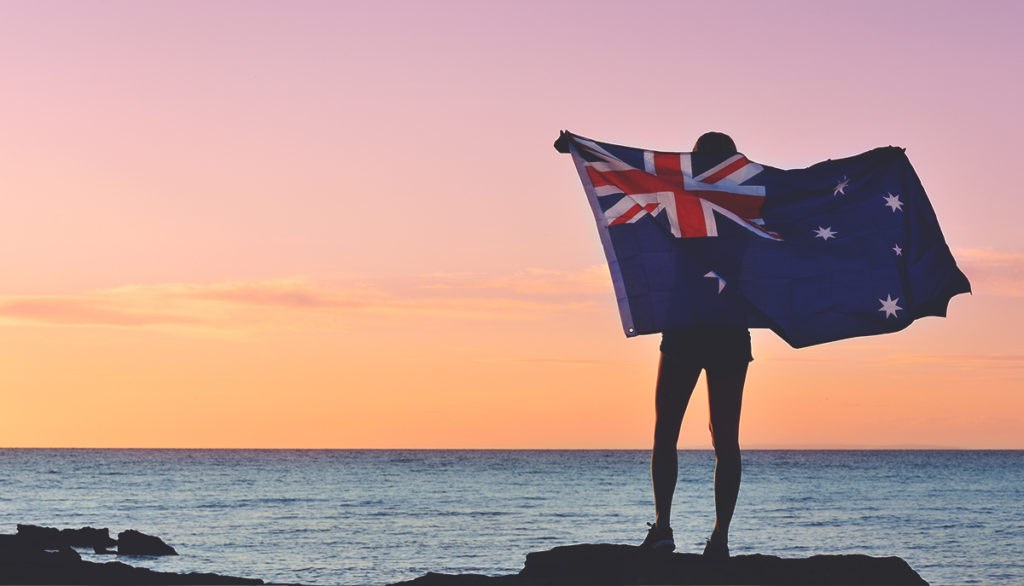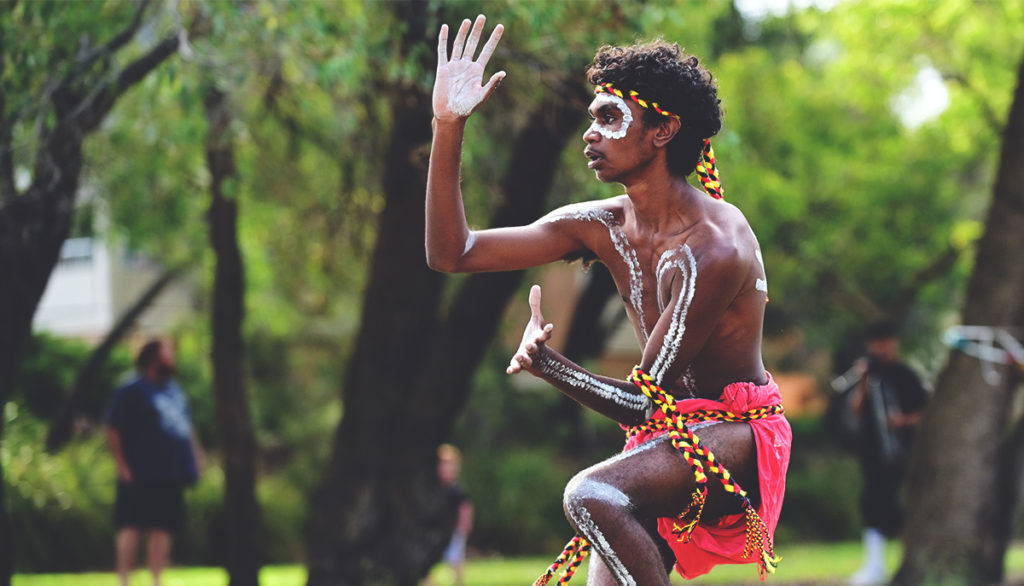The history of Australia dates back tens of thousands of years, with Aboriginal and Torrens Strait Islander peoples considered part of the longest surviving civilisations in the world. But what about the modern history of Australia, namely the historical events that have taken place in the new millennium? If you’ve ever wondered about these, we’ve got you covered. Let’s take a look at a short history of Australia in the 21st century.
2001 – Andy Thomas becomes the first Australian person to do a spacewalk
Born and raised in Adelaide, South Australia, Andy Thomas was first an engineer by trade before joining NASA in 1992. He travelled to space for the first time in 1996, spending a total of 10 days away from Earth. However, his most notable achievement and one of the coolest historical events in Australia came in 2001 when he became the first Australian citizen to perform a spacewalk. Thomas has been recognised with several awards for his achievements, including the NASA Exceptional Service Medal and South Australian of the Year.
2010 – Julia Gillard becomes the first female prime minister of Australia
On 24 June 2010, Julia Gillard was elected as the nation’s 27th prime minister and the first female prime minister in Australia. She served for the Australian Labor Party (ALP) from 2010 to 2013. In 2012, Gillard was involved in one of the most historical events in Australia: the “Misogyny Speech” given in the House of Representatives. Known as one of the most unforgettable moments in the modern history of Australia, Gillard made powerful remarks about misogyny and sexism in politics. You can watch the full speech below.
Gillard’s run as prime minister concluded in 2013 when she was beaten by the previous ALP leader, Kevin Rudd. In 2017, Gillard became the chair of Beyond Blue, a not-for-profit organisation aimed at improving the mental health of Australians. She remains the only female prime minister in Australia’s history.
2015 – Australia participates in Eurovision for the first time
Now, you may be wondering: why is Australia in Eurovision? It’s a logical question, given that Eurovision is a contest originally designated for European nations. But believe it or not, Australia has been participating in Eurovision since 2015.
One of the most interesting history facts of Australia is that the country was given automatic qualification to Eurovision as a form of celebration on the 60th anniversary of the competition. Although Australia is located outside the European Broadcasting Union, Eurovision became wildly popular in the country after it started broadcasting in the UK in the early 1980s.
The decision was meant to be a one-off; Australia was only meant to be allowed to compete again if it won the contest. Despite its loss, Australia still performed successfully and has competed every year since – and did again in 2022 (we came 15th)! The European Broadcasting Union has confirmed that Australia will compete until at least 2023.
2017 – Australia votes “yes” to legalise same-sex marriage
In 2017, the Australian Marriage Law Postal Survey became one of the most notable historical events in Australia, particularly for the LGBTQIA+ community. Held from 12 September 2017 to 7 November 2017, the national survey was designed to gauge citizens’ and residents’ support for same-sex marriage. The majority of respondents (61.5 per cent, to be exact) voted “yes”, signalling that they were in favour of legalising same-sex marriage in Australia. In every single state and territory, the majority of residents voted “yes”, marking an incredible sign of progress towards inclusivity and tolerance in Australia.
Read more: Resources for LGBTI International Students
2018 – Reconciliation Day is first observed as a public holiday
When it comes to the Aboriginal and Torres Strait Islander history of Australia, one of the more notable historical events came in 2018, which is the first time Reconciliation Day was ever acknowledged as a public holiday.
The ACT was the first territory in Australia to recognise Reconciliation Day as a public holiday. After a historic vote in late 2017, the ACT replaced its Family and Community Day public holiday with Reconciliation Day. The territory first observed the holiday on 28 May 2018.
Now, Reconciliation Day marks the beginning of National Reconciliation Week, a time for all to learn about the histories and cultures of Australia, particularly those of Aboriginal and Torres Strait Islanders. You can learn more about these peoples and their rich histories and traditions at Aboriginal cultural events.





